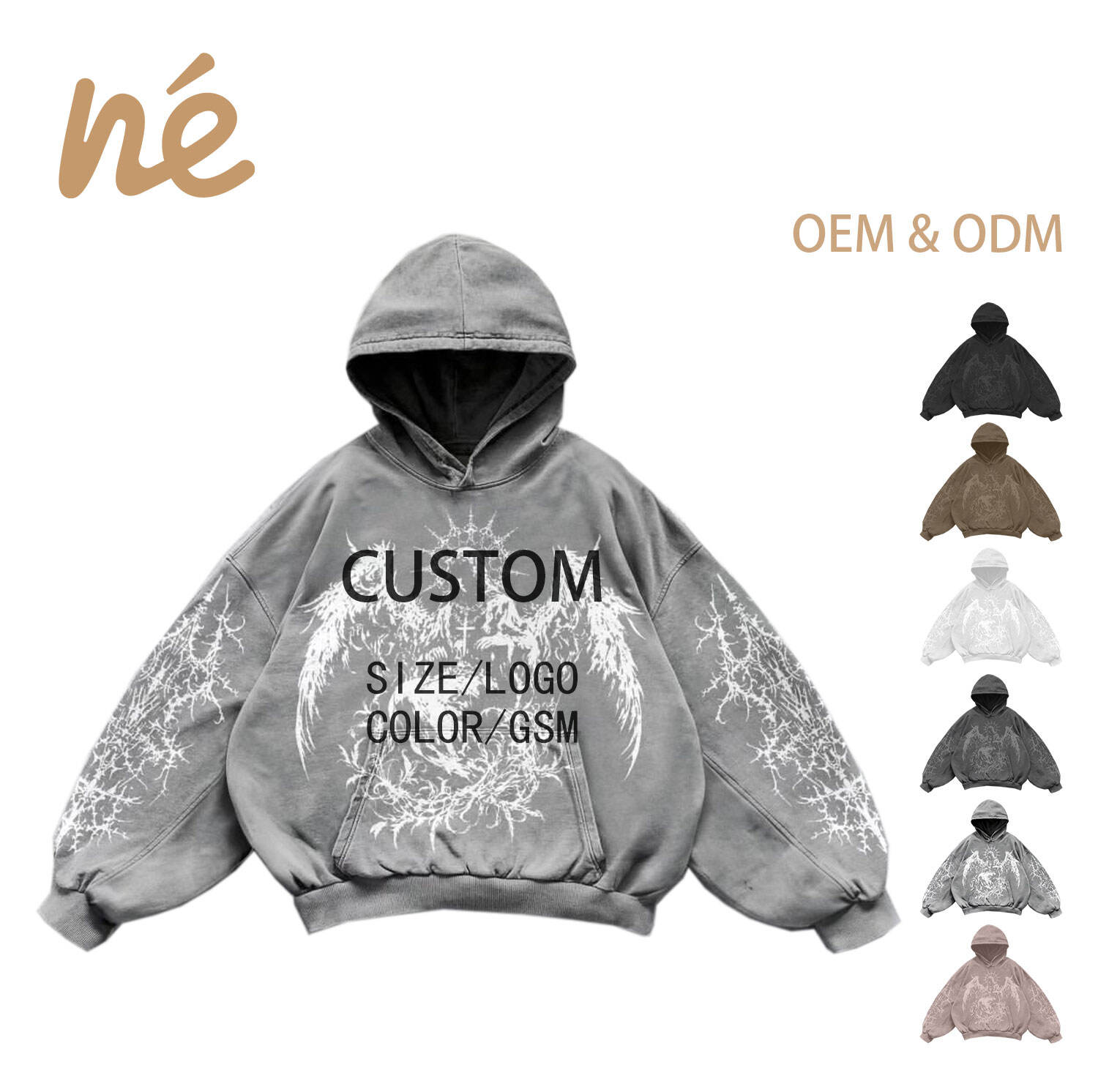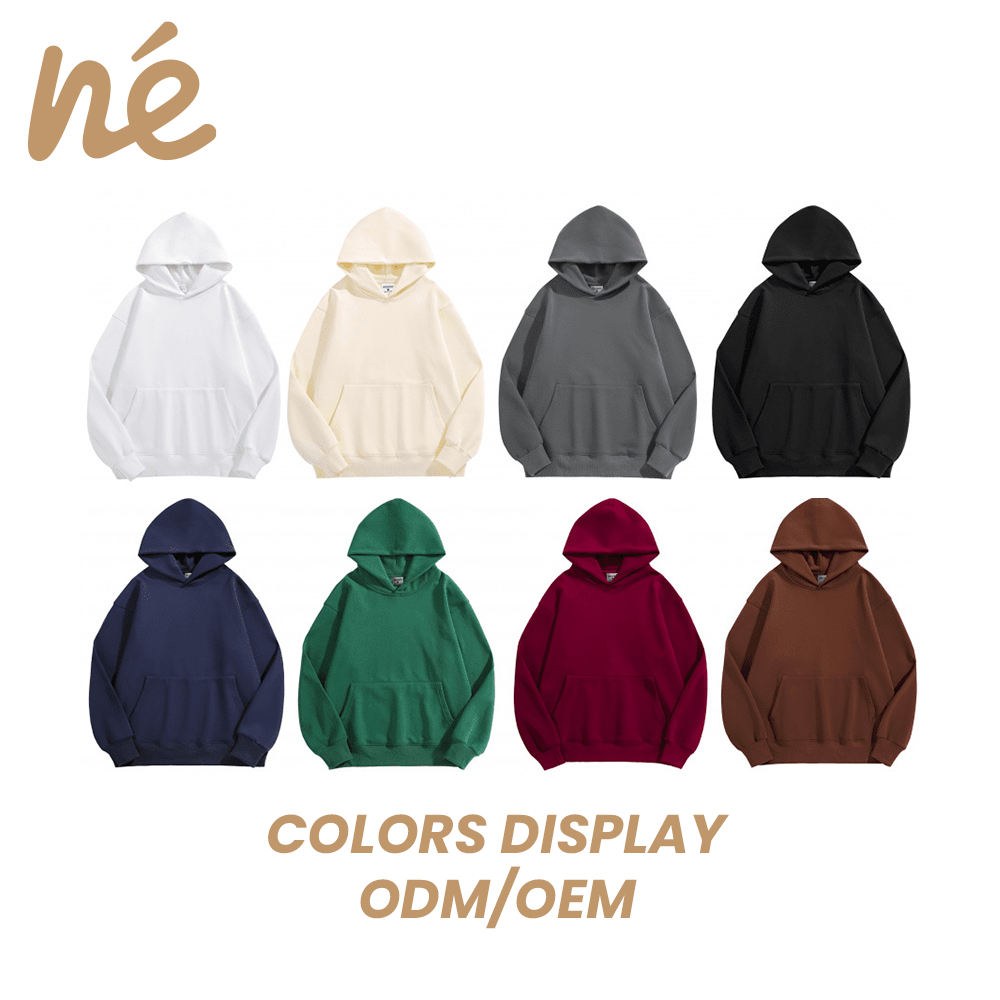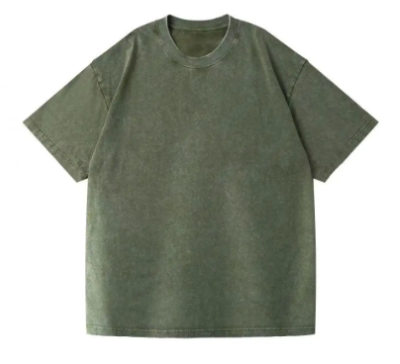sustainable clothing manufacturers for small businesses
Sustainable clothing manufacturers for small businesses represent a growing sector in the fashion industry that focuses on environmentally responsible production methods and ethical labor practices. These manufacturers utilize eco-friendly materials such as organic cotton, recycled polyester, and hemp, while implementing water conservation techniques and renewable energy sources in their production processes. They typically offer flexible minimum order quantities, making them ideal partners for small businesses and startups. Their manufacturing facilities are equipped with modern technology for reducing waste, including computer-aided design systems, precise cutting machines, and efficient inventory management software. Many sustainable manufacturers also provide end-to-end services, from design consultation to packaging solutions, all while maintaining transparency in their supply chain. They often hold certifications such as GOTS (Global Organic Textile Standard) or Fair Trade, ensuring compliance with international sustainability standards. These manufacturers commonly utilize innovative techniques like waterless dyeing, zero-waste pattern cutting, and upcycling of textile waste to minimize environmental impact while maintaining high-quality production standards.











